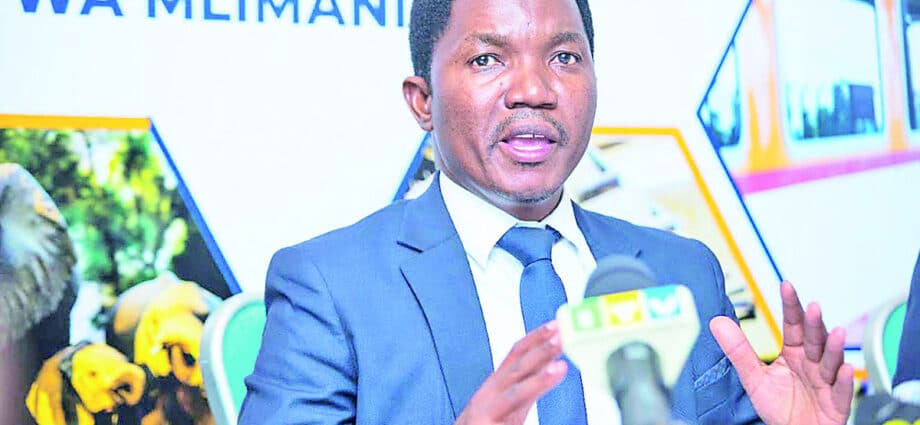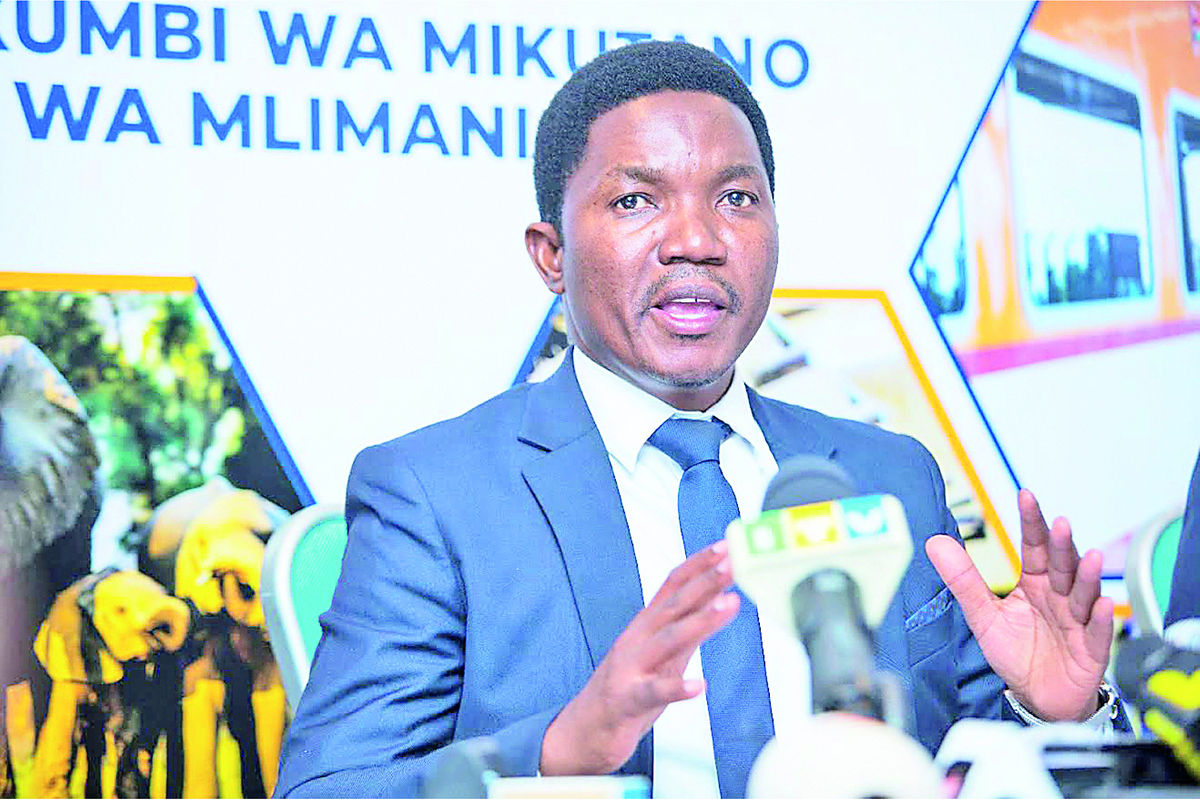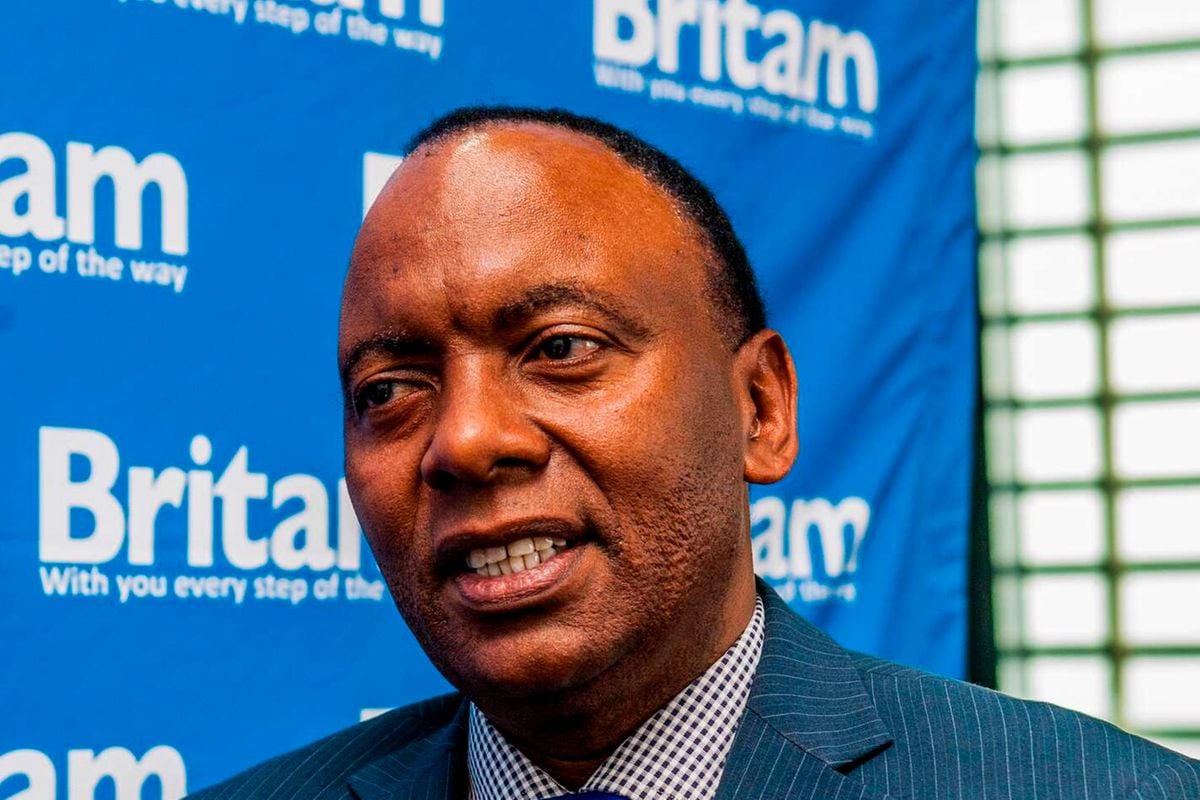Dar es Salaam. The government has come up with a revised trade policy that seeks to accommodate new developments such as regional trade agreements, technological advancement and climate change, among other local and global issues.
The National Trade Policy 2003 was revised last year and will be officially inaugurated by deputy Prime Minister, Dr Doto Biteko, tomorrow, according to the Minister for Trade and Industry, Dr Selemani Jafo.
“The National Trade Policy 2023 will enhance the country’s participation and integration in trade with neighbouring countries, regionally and internationally,” Dr Jafo told reporters.
The 2023 edition aims to establish a robust framework and strategy to improve the business environment, promote economic growth, and enhance citizens’ welfare, he said, adding that some evolving trade opportunities were covered in the revised policy.
In September 2021, Tanzania ratified the African Continental Free Trade Area (AfCFTA), which was not highlighted in the 2003 policy.
The government said it is also completing domestic legal procedures before endorsing the Comesa-EAC-Sadc Tripartite Free Trade Area (TFTA) agreement, which commenced on July 25, 2024, with 14 out of the 29 member states.
Dr Jafo said some evolving trends, such as growing e-commerce, innovation, copyright, and other digital developments, were not well covered in the previous edition, compelling the government to update the policy.
Dr Jafo further noted that the new policy will develop and improve market and trade infrastructure; ensure competition management in trade and protect consumers; as well as strengthen and develop the trade in services.
He said that it would also facilitate trade by reducing the time and cost of doing business; enable and enhance online trade through the use of technology; and improve and increase access to credit and trade capital.
“It will promote private sector participation in trade and ensure compliance with cross-cutting issues in trade activities,” he said.
The new policy is guided by the slogan “Trade competition driving industrial-led socio-economic transformations,” he said.
He said it would also enhance industrial production through secure market access, thereby stimulating efforts to build an industrial economy; ensuring free and fair competition in trade and protecting consumers; improving trade coordination and eliminating policy, legal, and institutional conflicts in trade matters; strengthening market and trade infrastructure;
The new policy comes even as the government counts on several achievements in the trade sector.
The success stories include the growth of trade with the EAC, SADC, AfCFTA and exploring markets such as China, which allowed 98 percent of Tanzanian products to be sold duty-free, India, AGOA and the European Union.
Dr Jafo said Tanzanian exports to the EAC increased from Sh1.12 trillion in 2016 to Sh3.022 trillion in 2023, while exports to the Southern African Development Community increased from Sh2.607 trillion in 2016 to Sh4.422 trillion in 2023.
He said the exports to the European Union also increased from Sh0.605 trillion in 2016 to Sh3.835 trillion in 2023.
For his part, the director of Trade Mark Africa, Mr Elibariki Shammy, said that the review of the policy has taken between three and four years, which shows a good intention to improve trade in the country.
He said the agency desires to see many African countries doing what has been done in Tanzania because trade policies have been the biggest obstacle to regional trade.
“We assist many African countries intending to reduce the cost and time of doing business within the African continent, but still countries cannot trade with each other because policies and procedures conflict, making the cost of doing business between countries very high,” Mr Shammy said.
He said the costs of doing business stem from domestic trade practices, so addressing how to solve existing challenges in the policy is a good thing.
















